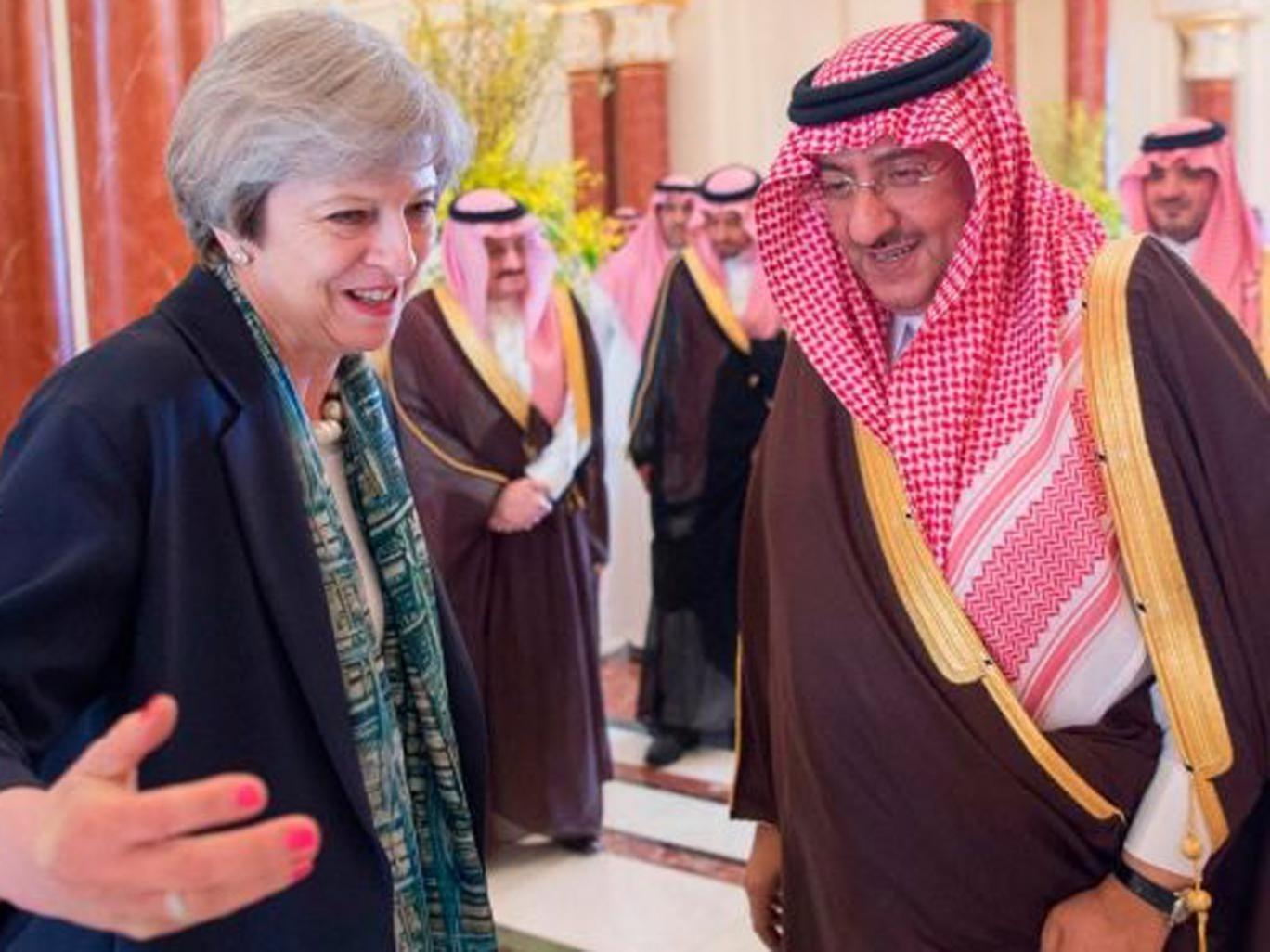UK falls in 'Good Country Index' due to rising weapon sales and inadequate aid to poor countries
Top of the list is the Netherlands, while Iraq, Libya and Afghanistan languish at bottom

Britain contributes less to the “common good of humanity” than last year due to its "vast weapons exports" and inadequate aid to foreign countries, a new study has found.
The country has fallen from number four to number eight out of 163 in the “Good Country Index” – an index which measures their contributions to global culture, health, security and environment, instead of basing the rankings on traditional economic and social factors.
The index looks at 35 criteria from the United Nations, the World Bank and other international organisations.
It was established in 2014 and Britain has dropped four places since the last study, partly due to its low ranking in terms of international peace and security.
Simon Anholt, the creator of the independent Good Country Index, told The Independent that the UK's continued albeit diminishing involvement in Afghanistan and it weapons exports were largely to blame.
"One of the two main reasons why the UK ranks so low in ‘Peace and Security’ is because of its big weapons exports, to the Kingdom of Saudi Arabia and other destinations," he said.
The Independent previously reported that UK sales of weapons to Saudi Arabia have risen by 500 per cent since the start of the war in Yemen.
"[...] the debate doesn’t affect the ranking: no matter how much people criticise the exports, and no matter how fierce the debate, the level of sales remains high and that’s what keeps the ranking so low," Mr Anholt added.
Last year, the UK ranked first in terms of its contribution to science and technology, while in 2017 it comes in fifth, based on factors such as the number of international students, publications, Nobel Prizes and patents.
In 2016, Britain was in fifth place for its contribution to prosperity and equality – that place is now number 35. Factors analysed here include the size of cross-border trading, the number of aid workers and volunteers sent abroad and investment in developing countries relative to the size of the economy.
"The ones at the top need to think much harder about how they can share their ability to balance their domestic needs with international ones," said Mr Anholt.
Britain is still in the top 10 but now stands behind Switzerland, Ireland – which ranks first in terms of its contribution to prosperity and equality – Germany and Finland. Top of the list is the Netherlands, while Iraq, Libya and Afghanistan were at the bottom.
Mr Anholt, an honorary professor at the University of East Anglia, said a successful country was one that “contributes to the good of humanity”.
“Of course it must serve the interests of its own people, but never at the expense of other populations or our shared resources: this is the new law of human survival, and it's a balance which is far more easily maintained than many people imagine," he said.
Agencies contributed to this report.
Join our commenting forum
Join thought-provoking conversations, follow other Independent readers and see their replies
0Comments